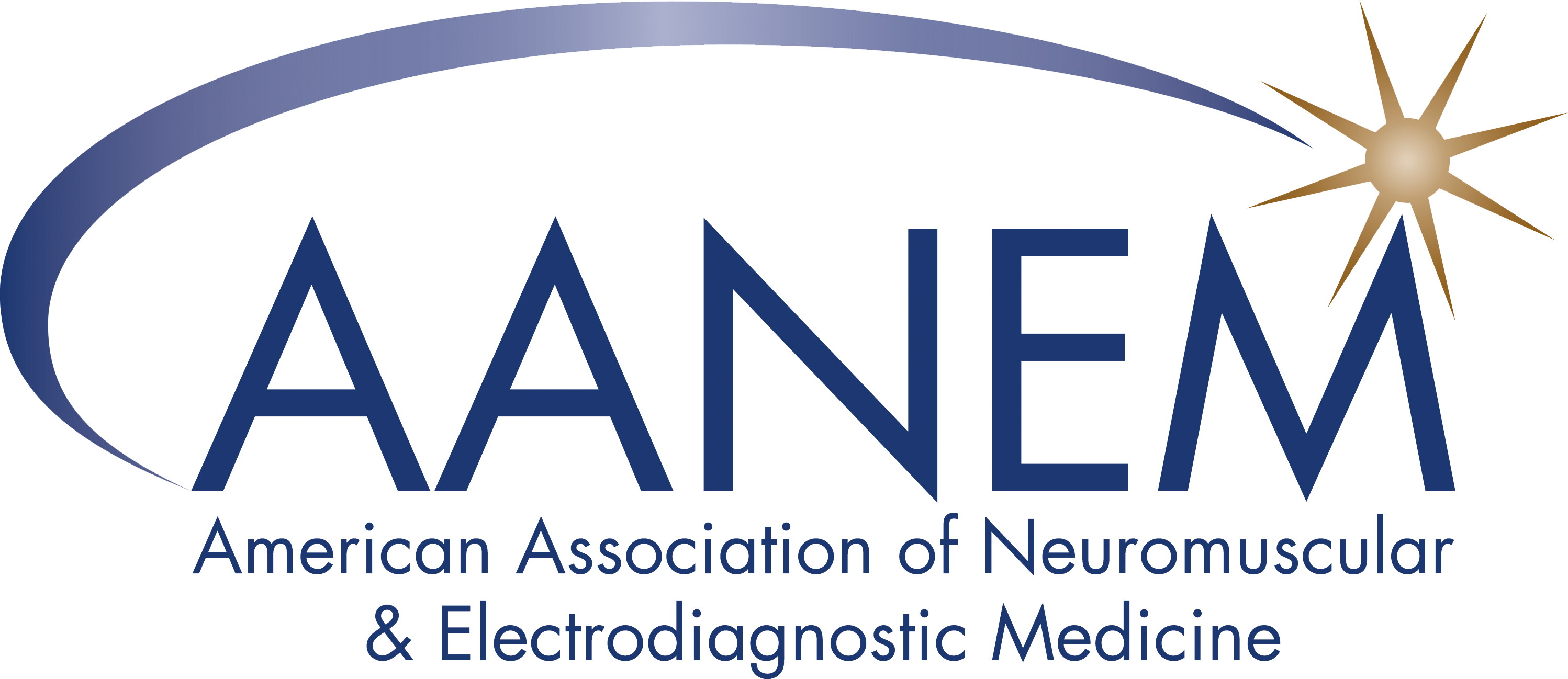Polymyositis
What is Polymyositis?
Polymyositis is an inflammatory disease of muscles, causing weakness in the muscles closest to the torso -- usually the shoulder and hip muscles. It is an autoimmune disorder, meaning that a person's white blood cells begin attacking muscles for an unknown reason. The disease is chronic, but the symptoms may come and go.Who gets Polymyositis?
Anyone can get polymyositis, but it is slightly more common in females, and people in middle childhood and their 20s. It is sometimes connected with cancer, scleroderma, and rheumatoid arthritis.How is Polymyositis diagnosed?
After taking the patient's history, a physician may perform blood tests, an EMG, or a magnetic resonance imaging scan (MRI). A muscle biopsy may also be taken.How is Polymyositis treated?
Corticosteroids are often given to treat polymyositis because they decrease the muscle inflammation. If corticosteroids are ineffective, immunosuppressive medications may be given. Physical therapy is also beneficial in the long run.
More Information
Myositis Association of America
Muscular Dystrophy Association
Help Fund Research
The foundation funds important research and helps support education through awards and fellowship funding. Donate today and 100% of your donation will be used to support these initiatives.
Find Support
AANEM's membership and accredited laboratory directories can help patients find qualified professionals for diagnosis and treatment.
Find a Doctor Find an Accredited Lab